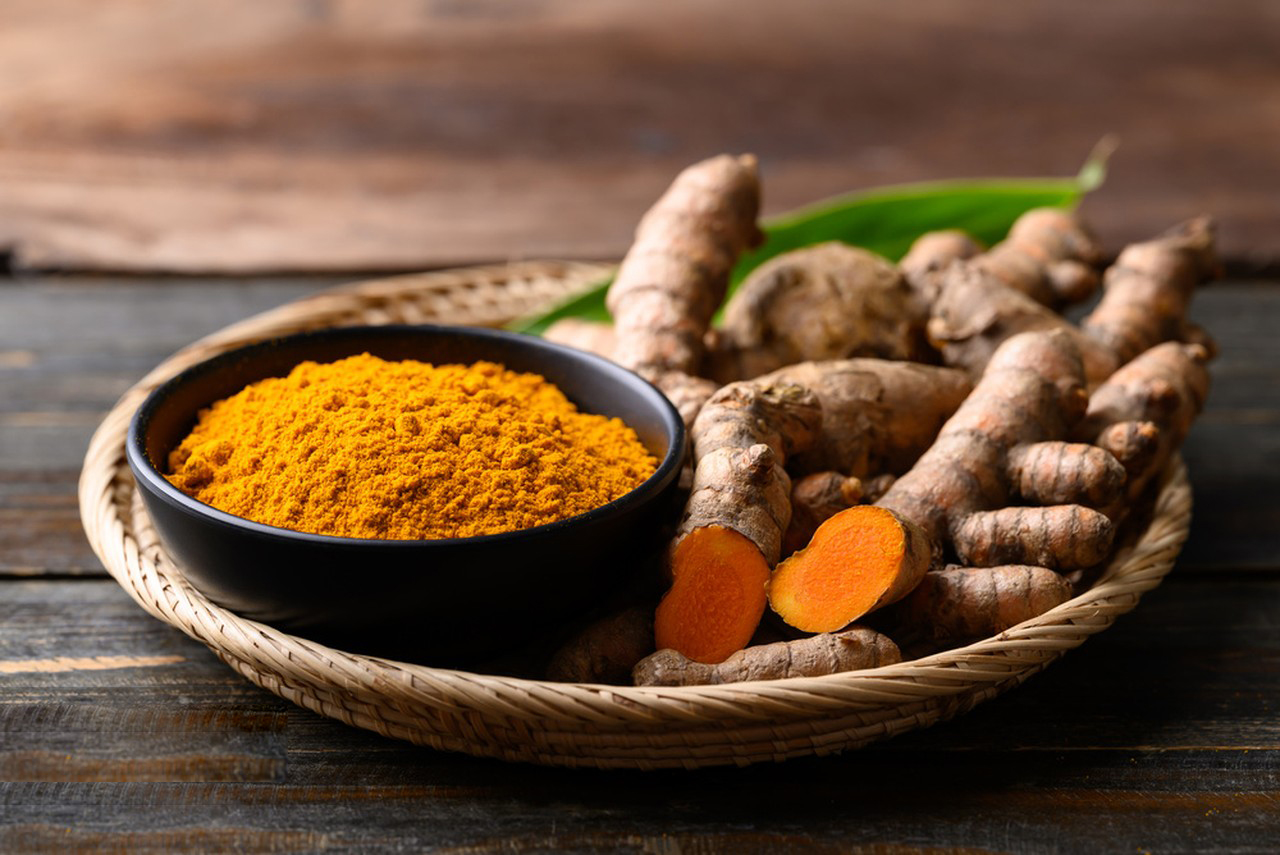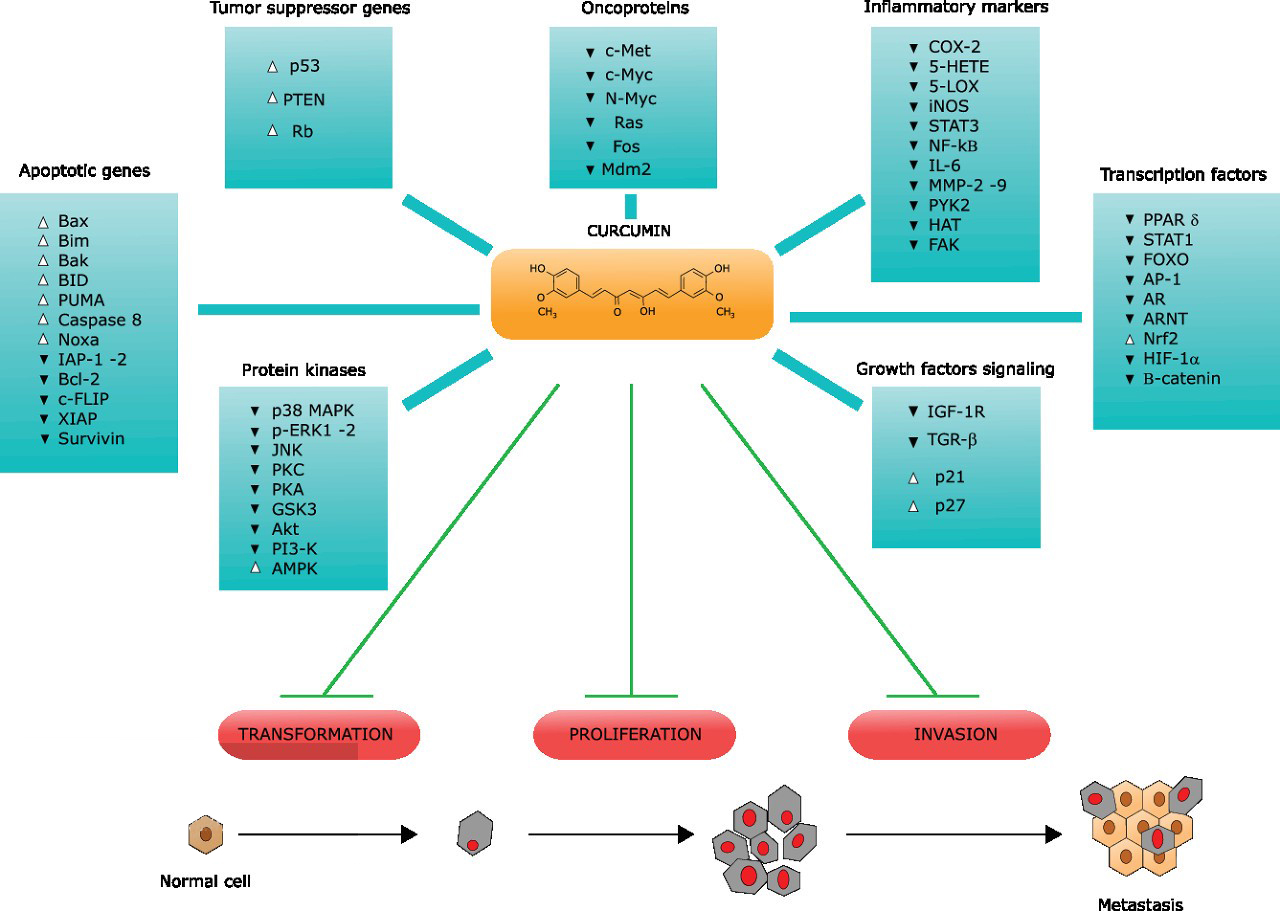Curcumin is a natural compound found in turmeric, a spice commonly used in traditional medicine and cooking. It has gained significant attention for its potential health benefits, but there are also some drawbacks and limitations associated with its use. Here are the pros and cons of curcumin:

Pros of Curcumin:
- Anti-Inflammatory Properties: Curcumin is well-known for its anti-inflammatory effects. It can help reduce inflammation in the body, which is implicated in various chronic diseases like arthritis, heart disease, and cancer.
- Antioxidant Activity: Curcumin possesses antioxidant properties that help neutralize harmful free radicals, which can cause cell damage and contribute to aging and various diseases.
- Pain Relief: Due to its anti-inflammatory effects, curcumin can provide relief from pain associated with conditions like osteoarthritis and rheumatoid arthritis.
- Potential Cancer Prevention: Some studies suggest that curcumin might have anti-cancer properties by inhibiting the growth of cancer cells, preventing angiogenesis (formation of new blood vessels that feed tumors), and inducing apoptosis (cell death) in cancer cells.
- Brain Health: Curcumin may have neuroprotective effects and could potentially lower the risk of neurodegenerative diseases like Alzheimer’s and Parkinson’s by reducing inflammation and oxidative stress.
- Heart Health: Curcumin may contribute to heart health by improving endothelial function, reducing inflammation, and enhancing antioxidant defenses.
Cons of Curcumin:
- Low Bioavailability: One of the major limitations of curcumin is its low bioavailability, which means that the body has difficulty absorbing and utilizing it efficiently. This can limit its effectiveness when taken in its natural form.
- Poor Solubility: Curcumin is poorly soluble in water, which further contributes to its limited absorption and effectiveness. Various methods, such as combining it with piperine (a compound found in black pepper), have been used to enhance its bioavailability.
- Possible Side Effects: While generally considered safe, high doses of curcumin supplements could potentially lead to gastrointestinal issues like stomach upset and diarrhea. It may also interact with certain medications, so individuals on medications should consult their healthcare provider before taking curcumin supplements.
- Limited Clinical Evidence: While there is promising preclinical and some clinical evidence supporting the potential health benefits of curcumin, more robust and large-scale clinical trials are needed to establish its effectiveness for various conditions.
- Not a Miracle Cure: Curcumin should not be seen as a standalone cure for any health condition. It should be considered as part of a healthy lifestyle that includes a balanced diet, regular exercise, and proper medical care.
- Varying Quality of Supplements: The quality and potency of curcumin supplements can vary widely. It’s important to choose reputable brands that provide reliable formulations.

In conclusion, curcumin has the potential to offer several health benefits, particularly its anti-inflammatory and antioxidant properties. However, its limitations, such as low bioavailability and lack of extensive clinical evidence, should be taken into consideration. If you’re considering using curcumin supplements, it’s a good idea to consult with a healthcare professional to determine whether it’s appropriate for your specific health needs and to ensure safe usage.
